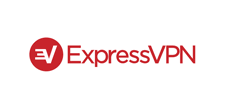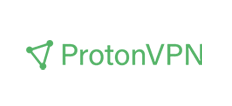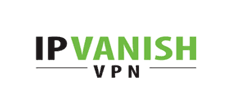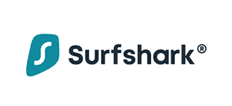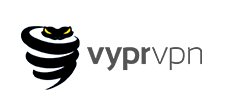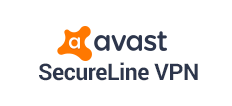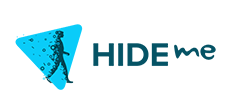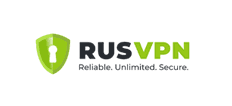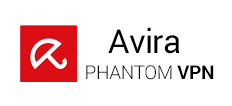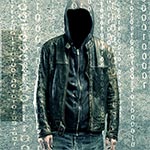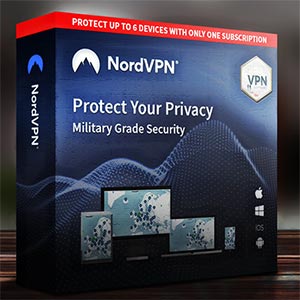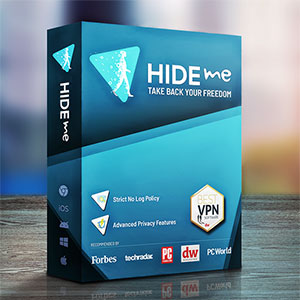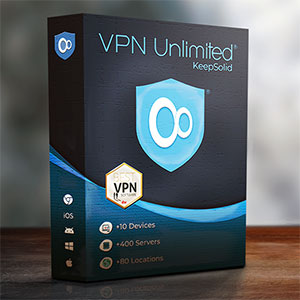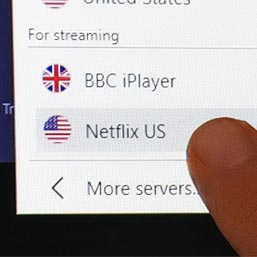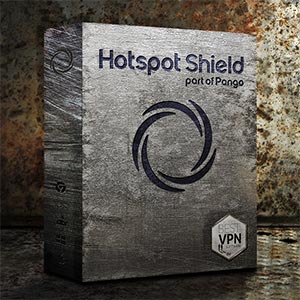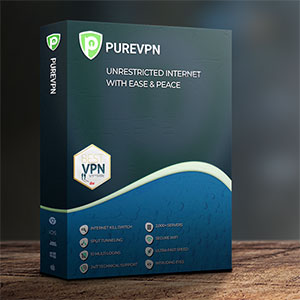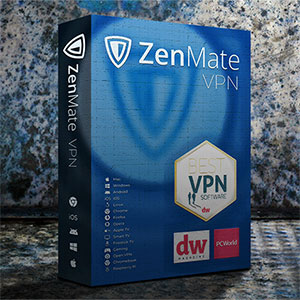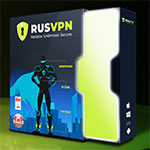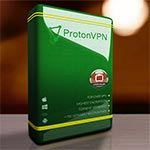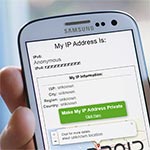It's actually quite ironic. Due to numerous copyright infringement warnings, an entire industry was born to allow users to browse safely and anonymously.
In the past, such methods to hide your identity were left to hackers. But now it's very easy and accessible for everyone. This software is called VPN.
What is VPN?
Instead of surfing with an in-house internet connection, users can browse the internet with a foreign connection. This will allow your internet to be secure and untraceable.
When people hear about anonymous surfing or VPN software they may also hear: Proxy Server, Secure Browser and the obfuscation of the IP. As technical as these terms sound, it is basically a relatively simple method.
VPN is short for Virtual Private Network. The name is somewhat confusing since people should assume that each connection is "private." However in information technology, "private" is understood as a connection that can not be observed - that is, it is basically not public. A normal Internet connection is public, that is, anyone can basically see this connection.
Nowadays you can encrypt a connection using https. This https connection can be recognized by the fact that an "s" appears after http and thus the Internet address is https://. This encryption, however, only ensures that an outsider can not read the data sent back and forth. For example, if you have online banking, the connection is always made using https through the browser. A stranger who reviews the internet "line" can therefore not read this data, such as entered passwords, PINs, etc. Nevertheless, that stranger would still see who you are. Therefore, https protects the data, but not the identity of the user. This is where VPN comes into play.
Disguise the IP address
If you log in to the Internet with your own Internet connection, this is done through your Internet provider. So the internet provider sees who you are - after all, this is the service provider that has its infrastructure at your disposal.
But how does a stranger know who I am?
When you go to a website, every website owner sees what your IP number is. The IP number or IP address typically looks like this: 172.16.264.12 or 146.136.211.214. It is true that with the IP number alone, you do not know what someone's name is or where they live. But it's very easy to get that data today. Because Internet providers have your IP number, and users can see what Internet provider you use. The second factor is time. Theoretically someone that knows who your Internet provider is can ask who has logged on to the Internet at a certain time with this IP number. And since almost all Internet providers now store this data, they can provide information about who you are.
How you can get caught while downloading
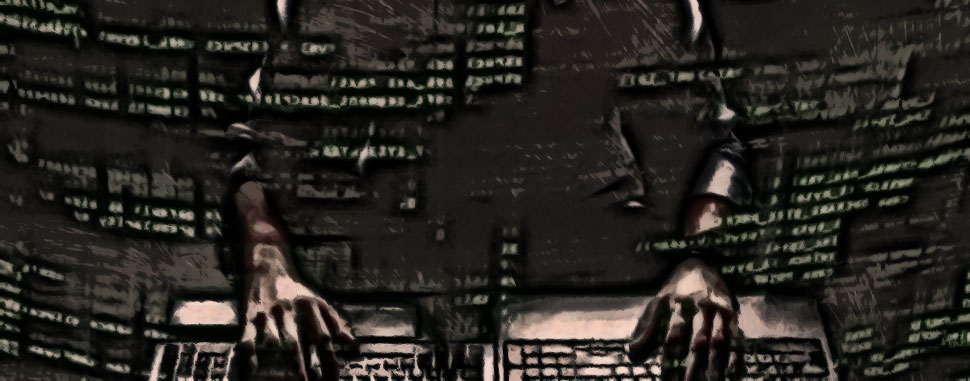
Illegal files haring, especially with torrent programs, is when users download illegal software, movies, etc. Known torrent programs include BitTorrent, uTorrent, qBittorrent, Deluge, Transmission-Qt Win, Vuze, BitComet, BitLord, Tixati and many more.
The disadvantage of torrent software is that the download is also uploaded at the same time - so while your downloading something, your also sending other users data of the software, the movie or piece of music. When you're downloading and also sending data, users can see your IP address.
Law firms work with service providers who monitor 24/7 traffic on these torrent networks. In technical jargon, this means "monitoring" or, in IT jargon, "sniffing".
Next, the law firm usually sends a letter to your Internet service provider on the same day and wants to know who dialed into the Internet at a specific time with a specific IP number. Today's Internet providers are responding very quickly to this request and sharing your data with the law firm. The next step is logical: A file sharing warning is on the way to your mailbox.
How to protect yourself from warnings
If you log on to the internet with VPN software, now whoever asks for your log on information, for example the law firm, does not receive your original IP number, but the VPN provider. Since almost all VPN providers do not pass on data from their users to the law firms, the law firm can not do anything at first.
Most VPN providers are located in countries where it's legally required to share user information. However, some VPN providers are not in the U.S., and therefore American law has no effect on them. For example, when an American law firm asks a VPN provider in another country for the user's data that downloaded movies, the law firm usually does not even get an answer. It can even be assumed that the VPN providers do not even open these letters from foreign law firms. American law has no effect on other countries, as it is in another jurisdiction.
First and foremost, US Internet ISPs do not need to share user data. In California, for example, even ordinary Internet service providers do not pass data from users to lawyers. Thus, many downloaders in certain US states are protected from warnings. Often, however, it is the case that Internet service providers then send a reminder to the user - and after the third warning, the Internet contract is terminated.
VPN software providers specialized in and also focused on protecting the data of their users and keeping it a secret. Almost all go as far as not even save the data. Thus, it is no longer possible for anyone to determine your identity after using VPN. After all, VPN providers earn their money by protecting your privacy. It would therefore be highly damaging to their business if it came out that a VPN user had been successfully warned.
That's why law firms find it very hard to catch users who use a VPN connection for file sharing. Most law firms know the typical IP addresses that point to a VPN connection and do not even send emails or letters to the IP provider, because they know it's a waste of time.
Whoever uses a public IP address and also enjoys file sharing, is looking for trouble. If you use VPN software, you will be spared all warnings.




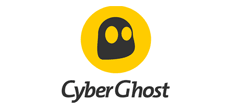
 5.0
5.0 


